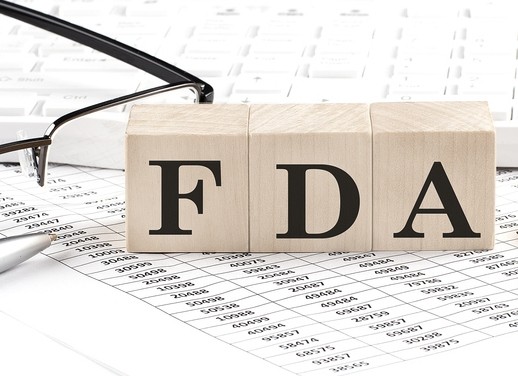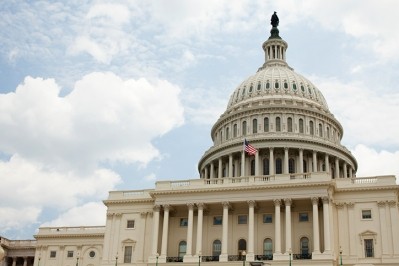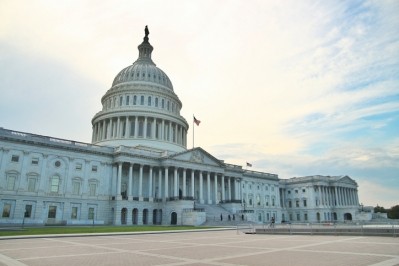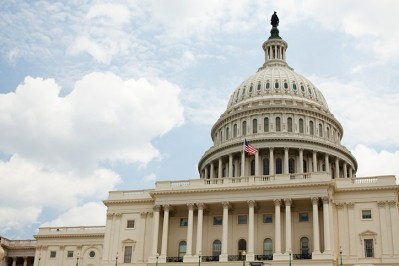Califf memo warns of FDA furloughs if fees bill hangs fire

The memo was sent to Agency staff last week. Califf said a delayed reauthorization would compromise FDA’s ability to “ensure access to updated COVID-19 vaccines and therapeutics, confront other emerging disease, monitor the safety of marketed products,” among other concerns.
“We continue to convey to Congress the urgency of reauthorizing the fee programs in a timely manner. I have met with Congressional staff to underscore this message, and I am confident that Congress will act responsibly and quickly,” he added.
Califf: Furloughs could be in store
However, Califf warned Agency staff to be prepared for the worst. The prescription drug user fees program would run out of money first, with only about five weeks of funds on hand to pay staff into the coming fiscal year, he said. The current fee authorization expires on Sept. 30.
The reauthorization of these FDA fees, which are collected in the drugs and medical devices sections of the Agency, is usually a boilerplate affair that arouses little comment or debate.
This year, however, Sen. Patty Murray (D-WA), the chair of the Senate HELP (Health, Education, Labor and Pensions) Committee attached new provisions to the bill meant to close perceived gaps in federal regulation of some product categories. The new provisions, Murray said, “[P]rovide long overdue oversight of cosmetics and dietary supplements.”
Chief among these new provisions is a requirement for a mandatory product listing for new supplements before they go onto the market. While the MPL concept has garnered some support in the industry prior to this, the way the provision is phrased in the new FDA Safety and Landmark Advancements (FDASLA) Act has been seen as overly broad and open to the possibility of unintended consequences.
Ranking HELP Member Sen. Richard Burr, (R-NC), whose name is on the original bill, has introduced a new version that strips out the dietary supplement provisions. In addition, there is a House version, which passed with almost unanimous support, that had no mention of supplements or cosmetics in the first place.
UNPA: MPL still good idea with right language
Tricia Knight, the senior political advisor of the United Natural Products Alliance, said UNPA remains supportive of a resolution of the MPL issue that would include language more in line with what industry could support.
“UNPA remains hopeful that a satisfactory Mandatory Product Listing program for dietary supplements can be worked out and included in the final user fee legislation. But that is a minor part of the factors leading to this hold up. That agreement on the overall bill has not been reached is not surprising given the divisions in Congress, but any impact on a stable FDA workforce is regrettable,” she said.
NPA: Critical functions being held hostage by inappropriate provisions
Daniel Fabricant, PhD, president and CEO of the Natural Products Association, said that while the fee-funded staff positions do not impact the supplement industry per se, the kerfuffle over the supplement and cosmetics provisions could impede important work at the Agency. NPA’s point of view has been that the supplement and cosmetics provisions had no place in the fees bill.
“Let’s say you’re the CEO of Pfizer with 17 drugs in the pipeline and shareholders to answer to and because of some cosmetics and dietary supplement provisions that pipeline is going to get delayed. That’s kind of a problem. The business of approving medicines should go on interrupted,” Fabricant said.









